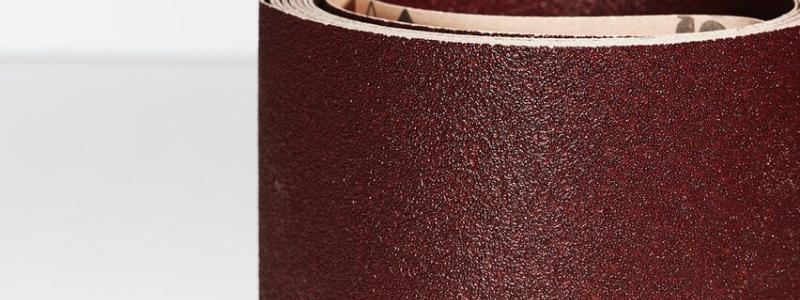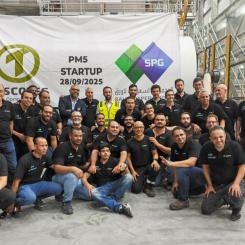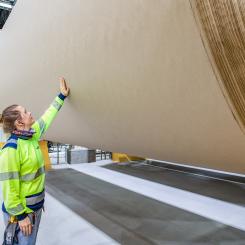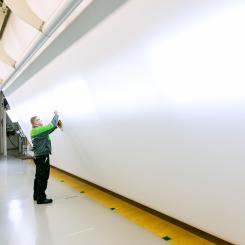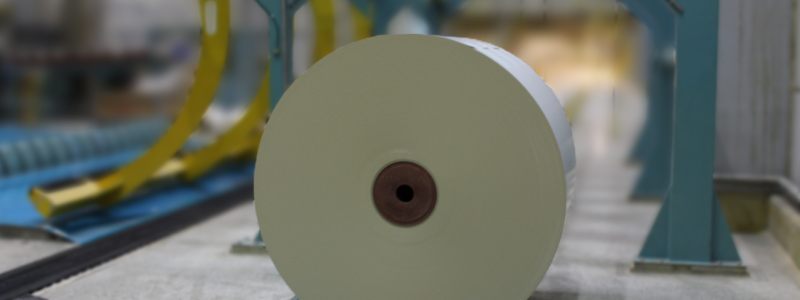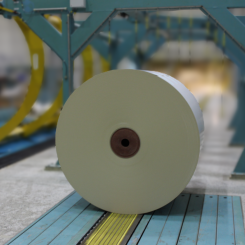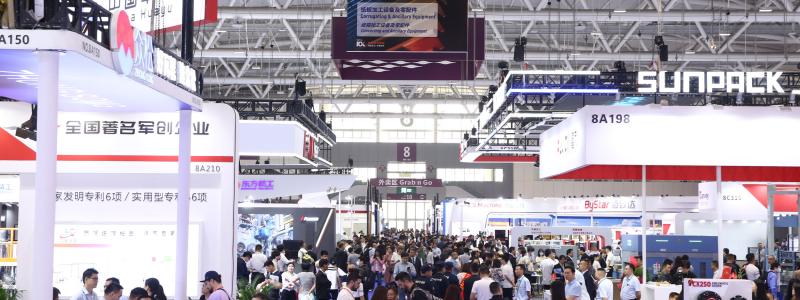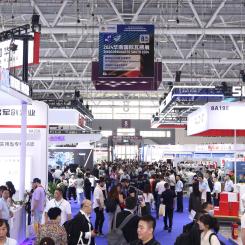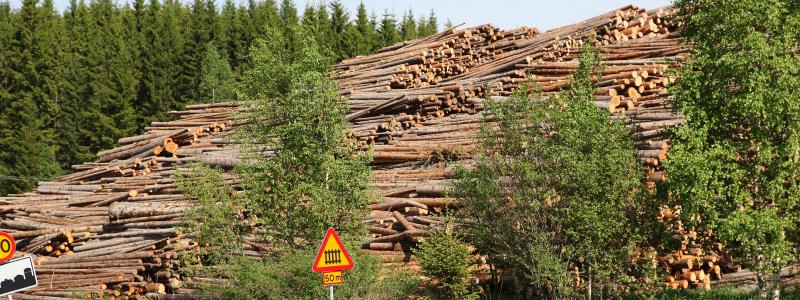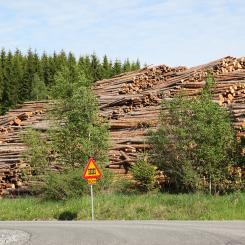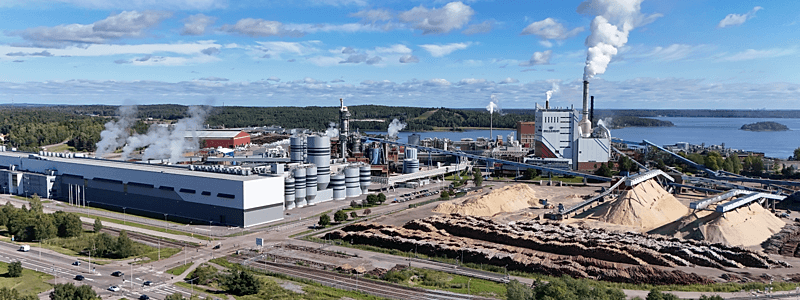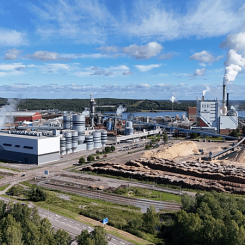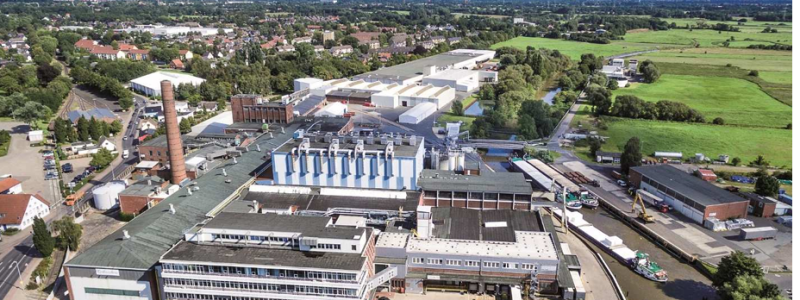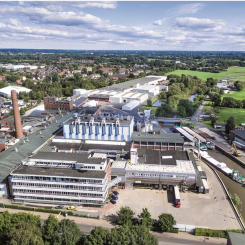Metsä Fibre and Lujabetoni have entered into a preliminary agreement on reinforced concrete pile delivery for the planned Kemi bioproduct mill. This would be the largest ever pile delivery in Finland. In accordance with the preliminary agreement, Lujabetoni will deliver around 550,000 metres of piles to be driven into the ground. The volume of the order represents nearly 50% of the entire annual pile market in Finland. The delivery would have a high degree of Finnish origin, almost 100%.
Metsä Fibre, part of Metsä Group, is planning a modern bioproduct mill in Kemi. If implemented, the mill will produce 1.5 million tonnes softwood and hardwood pulp per year, in addition to other bioproducts, and will be the most efficient wood-processing plant in the northern hemisphere. The new mill is intended to replace the current pulp mill in Kemi. The decision concerning this EUR 1.5 billion investment will be made by Metsä Group at the earliest this autumn 2020, after the environmental permit process has been completed.
Lujabetoni has strong expertise in projects of similar scope, as the company also delivered reinforced concrete piles for Metsä Group’s bioproduct mill project in Äänekoski. Reinforced concrete piles are used to strengthen the ground for the construction of the mill.
“We want to cooperate with the best professionals in each field to build a modern bioproduct mill in Kemi. We require our partners to make a commitment to the goals of the project in terms of safety, schedules and quality. Lujabetoni operates in line with these principles, and our cooperation, which began in the Äänekoski bioproduct mill project, will now continue in another major project,” says Jari-Pekka Johansson, Project Director of the bioproduct mill project at Metsä Fibre.
“Äänekoski serves as an excellent reference for us for a project of similar scope. We have the necessary skills and knowledge to organise and produce such a large piling project and manage its logistics,” says Juha Kinnunen, Vice President, Concrete Products at Lujabetoni.
The large scope of the Kemi bioproduct mill project requires Lujabetoni to expand its pile production. A new pile production line, with a capacity of 1,200 kilometres of piles per year, will be built at Lujabetoni’s current Kärsämäki factory in North Ostrobothnia specifically for this project. The new line will be one of the largest in Europe. This “pop-up factory” is Lujabetoni’s fourth pile factory. To illustrate the capacity of the factory, it alone could produce all the reinforced concrete piles needed in Finland each year, instead of the current ten or so factories. If the bioproduct mill is implemented, the Kärsämäki factory will hire around 20 new employees. The project will also offer jobs for many of Lujabetoni’s subcontractors and partners. The preliminary agreement is conditional on Metsä Group’s investment decision on the Kemi bioproduct mill.
The Kemi bioproduct mill project is progressing as planned. Currently, financing negotiations and the logistics required for the new mill are being advanced in addition to the environmental permits. The implementation planning started at the beginning of August 2020. This means the detailed planning of the mill’s technology, construction, installations and commissioning, as well as preparation for the construction phase. The planning work will be carried out in cooperation with the four main implementation partners: Valmet, ABB, AFRY and Fimpec. More than 400 people have been working in the implementation planning organisation since the beginning of August.
During the bioproduct mill’s possible construction phase, its employment impact is estimated to be nearly 10,000 person-years, of which more than half would be carried out in Kemi. The number of employees working in the mill area over the entire construction phase is estimated to rise to around 15,000. If implemented, the investment will secure the existing 250 jobs at the Kemi mill for decades to come. Through its direct value chain, the new bioproduct mill will employ around 2,500 people in Finland, which would be 1,500 people more than the employment effect of the current pulp mill in Kemi.
The bioproduct mill will not use any fossil fuels at all, and its electricity self-sufficiency rate would be 250%. This will further strengthen Metsä Group’s position as a major electricity producer relying on renewable Finnish fuels.



